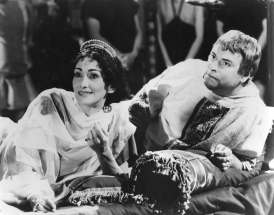Viewers like you Over the course of its half-century history, PBS has delivered unique content aimed at a discerning audience
Read this article for free:
or
Already have an account? Log in here »
To continue reading, please subscribe:
Monthly Digital Subscription
$0 for the first 4 weeks*
- Enjoy unlimited reading on winnipegfreepress.com
- Read the E-Edition, our digital replica newspaper
- Access News Break, our award-winning app
- Play interactive puzzles
*No charge for 4 weeks then price increases to the regular rate of $19.00 plus GST every four weeks. Offer available to new and qualified returning subscribers only. Cancel any time.
Monthly Digital Subscription
$4.75/week*
- Enjoy unlimited reading on winnipegfreepress.com
- Read the E-Edition, our digital replica newspaper
- Access News Break, our award-winning app
- Play interactive puzzles
*Billed as $19 plus GST every four weeks. Cancel any time.
To continue reading, please subscribe:
Add Free Press access to your Brandon Sun subscription for only an additional
$1 for the first 4 weeks*
*Your next subscription payment will increase by $1.00 and you will be charged $16.99 plus GST for four weeks. After four weeks, your payment will increase to $23.99 plus GST every four weeks.
Read unlimited articles for free today:
or
Already have an account? Log in here »
Hey there, time traveller!
This article was published 23/10/2020 (1872 days ago), so information in it may no longer be current.
The 50-year anniversary of PBS in 2020 probably should have been a bigger story than it was.
Perhaps it was even worthy of a Ken Burns documentary series.
The event was sidelined not just by a pervasive and all-cancelling pandemic, but by the explosion of streaming services that have rendered traditional cable television nearly obsolete. (I speak as someone who hasn’t subscribed to a cable service for years.)
Still, observing the half-century mark of the American public broadcaster is a worthwhile effort. Let’s face it: PBS altered the culture in important ways. Mainly, it exposed North Americans to British television that was often smarter and less pandering than the American stuff that dominated Canadian airwaves for much of these past five decades.
Contemporary viewers will doubtless point to addictive TV series exported from England, such as Downton Abbey and the Benedict Cumberbatch iteration of Sherlock or the ongoing period drama Call the Midwife. Those of more ironic bent will point to educational programs such as The Joy of Painting, wherein frizzy-haired Bob Ross demonstrated how to create rec room-worthy landscapes out of thin air with no visible effort.
The fact that Sherlock and Call the Midwife are both available on Netflix demonstrates that, no, you don’t have to watch PBS anymore to get the content. As for Ross, who just went AWOL from Netflix this summer, his painting tutorials are as close as YouTube.
It’s difficult to nail down the best or the most important shows that aired on PBS over the years. But let’s give it a try.
1. Sesame Street
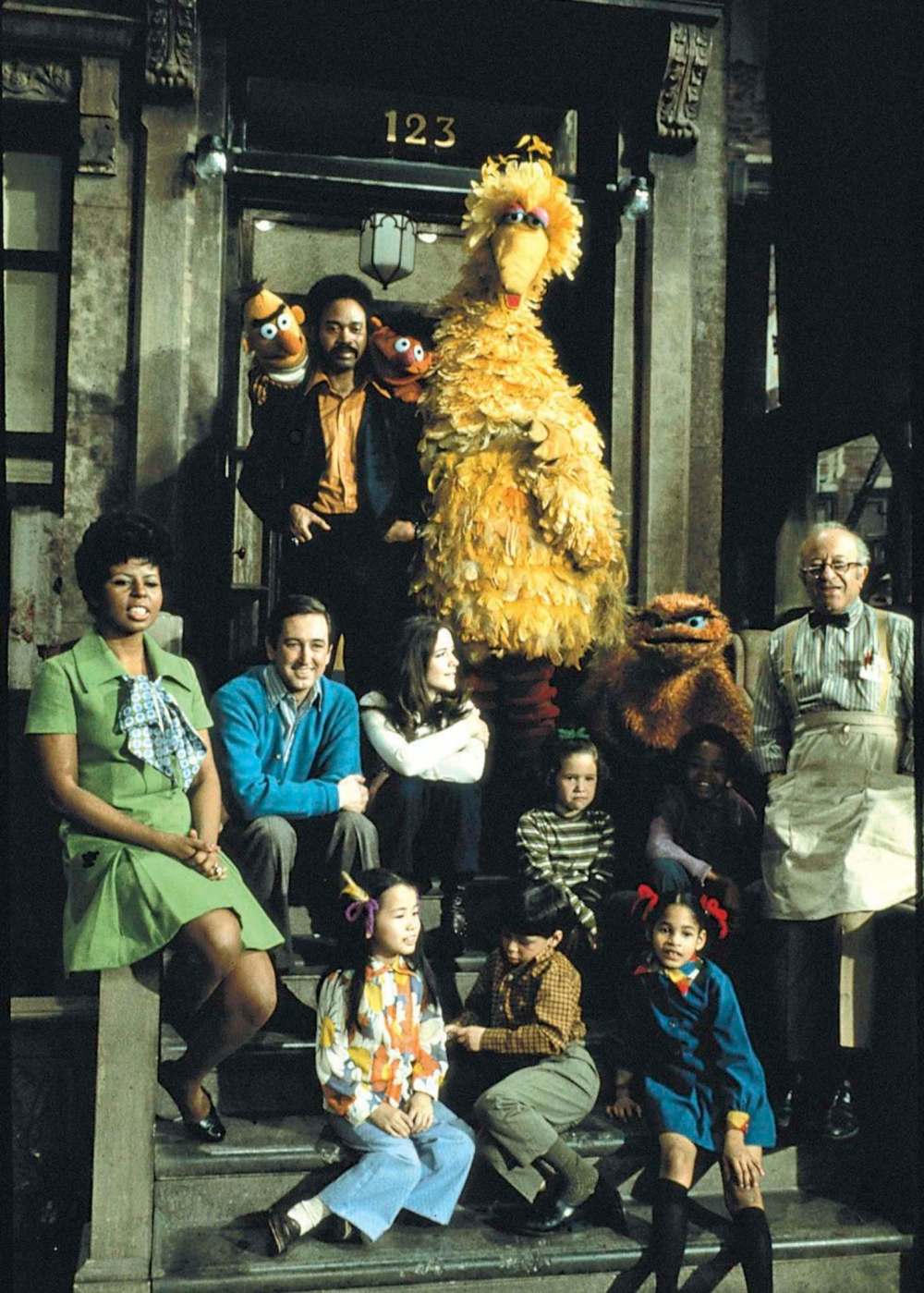
This show from the Children’s Television Network was nothing less than a rite of passage for the last few generations of kids who tuned in and turned on to math, science and literacy as instructed by the gentle humans and not-always-gentle Muppets who populated that titular slice of urban heaven. (The Cookie Monster changed things up with just the right smidgen of anarchy.) Through the years, the show managed to introduce potentially challenging subjects — the death of the Mr. Hooper character in 1983 (following the death of the actor who played him, Will Lee, a few months earlier) or Buffy Sainte-Marie explaining the benefits of nursing a baby to Big Bird.
Other PBS kids shows were important too, most notably Mister Rogers’ Neighborhood and Reading Rainbow. But Sesame Street has endured — and endures still, although first-run episodes now air on HBO/Crave — as the best ever TV babysitter.
2. Mystery!
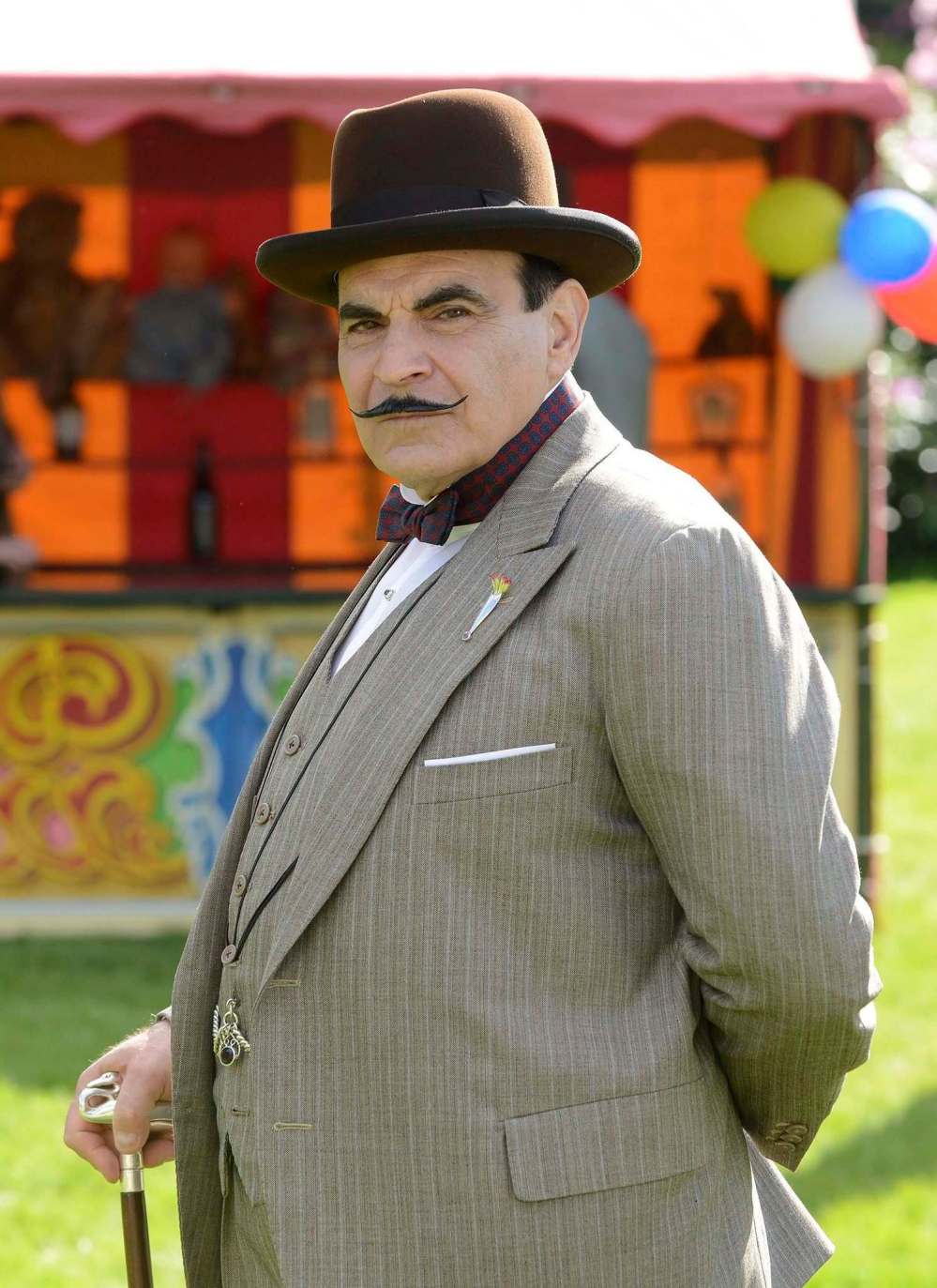
You might fondly remember the gloriously gothic animation by Edward Gorey that used to precede each episode of this Masterpiece Theatre spinoff. The segment introduced the typically British offerings of series such as Rumpole of the Bailey (surely Leo McKern was the most unlikely TV sleuth). Invariably more cerebral than the bullet-riddled American cop/private eye shows, Mystery hosted not one but two holy detectives: Cadfael (starring Derek Jacobi as a sleuthing monk, 1994-2000) and two different iterations of G.K. Chesterton’s Catholic gumshoe Father Brown, starring Kenneth More (1974) and Mark Williams (2013-20, although this latter series was broadcast on PBS outside the Mystery imprint.)
It was also a showcase for brilliant actors, including Helen Mirren (Prime Suspect, 1991-94), arguably the best Holmes, Jeremy Brett (The Adventures of Sherlock Holmes, 1984-96) and without question the best Hercule Poirot, David Suchet (Agatha Christie’s Poirot, 1989-2013).
https://youtu.be/YCgloiB0nMc
3. Masterpiece Theatre

Later known as just Masterpiece, this venerable series is pretty much as old as PBS itself. It introduced North American audiences to limited series that may have lacked in lush production values, but more than made up for it with literate, mature scripts, provocative subject matter and brilliant performances, starting with landmark limited series including The Six Wives of Henry VIII and Elizabeth R. Standing above them all was an especially powerful adaptation of Robert Graves’ I, Claudius with one of the greatest TV casts ever assembled. John Hurt was a magnificently deranged Caligula, and Derek Jacobi was beautifully tragic as the reluctant, stuttering emperor Claudius. (Jacobi inspired Colin Firth when that actor took on his Oscar-winning role in The King’s Speech.) When you hear about a monstrous matriarch named Livia, most people will think of Nancy Marchand in The Sopranos, but be assured Siân Phillips nailed that persona back in 1976 as Claudius’s endlessly treacherous mother.
4. The Civil War
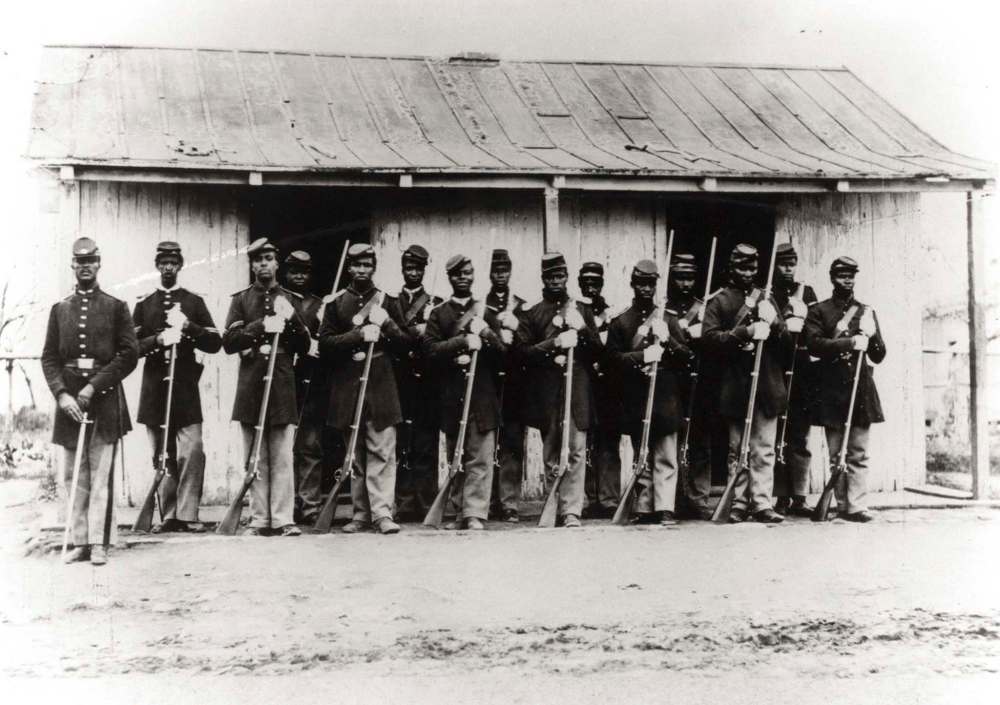
Consider this an umbrella listing for all the PBS docu-series made by Ken Burns, a filmmaker with a gift for employing old photographs, music and narration of authentic historical writing to give a cinematic jolt to musty history. Burns’s nine-part series The Civil War, originally broadcast in 1990, led to the tackling of equally massive subjects, including Baseball (1994), Jazz (2001) The War (the 2007 series examined the Second World War) and The Vietnam War (2017). Burns’s work always embodied the PBS mission to make thoughtful content entertaining.
5. Fawlty Towers
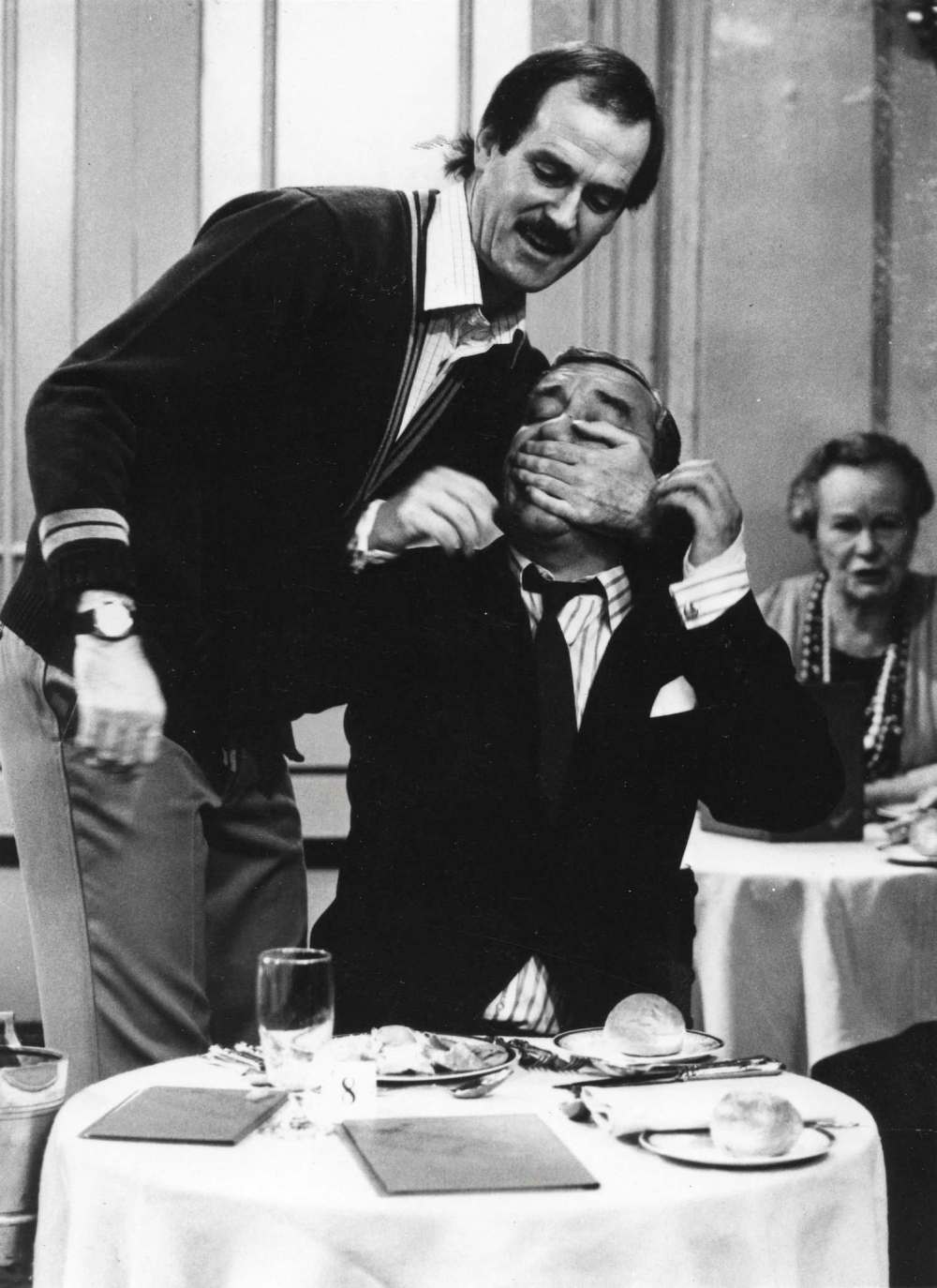
In what may be the closest anyone came to the perfect sitcom, this 12-episode classic (1975-79) starred John Cleese as the endlessly peevish hotel proprietor Basil Fawlty, trying to keep it together week after week while enduring the tortures of a smarter wife (Prunella Scales as Sybil), a well-meaning but disaster-prone Spanish waiter (Andrew Sachs as Manuel) and worst of all … guests! Cleese was inspired by a real-life hotelier whose lodging he had visited with the other members of the Monty Python sketch-comedy troupe. He ended up returning with then-wife Connie Booth (who played the maid, Polly) to research the rude hotel manager on the sly. It proved worth the extra effort. Just don’t mention the war.
https://youtu.be/K_q4S7lZeik
randall.king@freepress.mb.ca
Twitter: @FreepKing
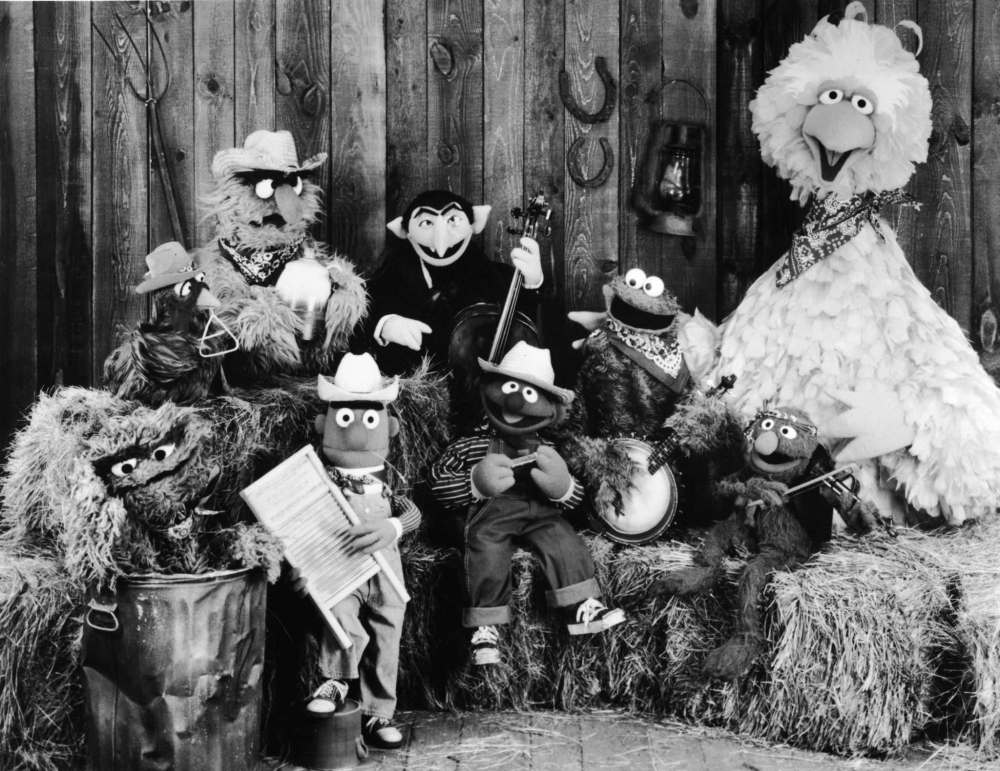

In a way, Randall King was born into the entertainment beat.
Our newsroom depends on a growing audience of readers to power our journalism. If you are not a paid reader, please consider becoming a subscriber.
Our newsroom depends on its audience of readers to power our journalism. Thank you for your support.









